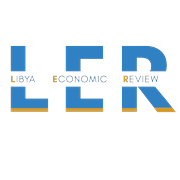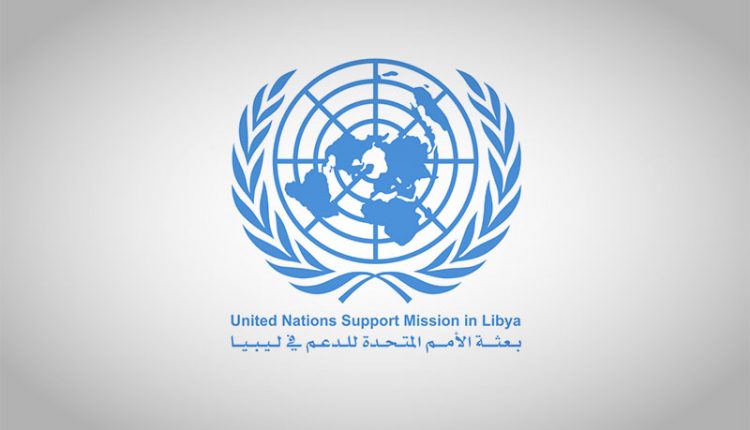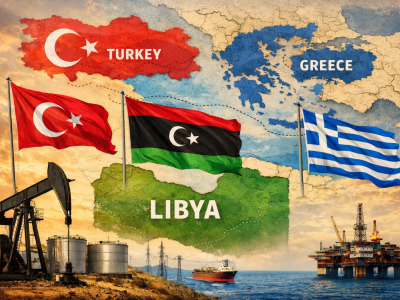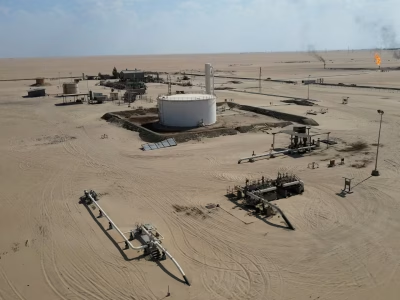UNSMIL Survey Seeks to End Years of Stalemate by Putting Libyans in Charge
The United Nations Support Mission in Libya (UNSMIL) this week opened an online survey inviting Libyans to share their views on the country’s political dialogue priorities. According to a UNSMIL press release, the survey is open to all Libyans and will allow citizens to identify the key issues they believe should top the dialogue’s agenda. The initiative follows an earlier Oct. 27 live online discussion with Deputy Special Representative Stephanie Koury; feedback from that session and the new survey will be analyzed and shared with the members of the UN-facilitated Structured Dialogue to inform their work. UNSMIL emphasized that it will publish a report of the survey results at the negotiating table, aiming to enrich the agenda and ensure genuine representation of the Libyan people’s aspirations.
Special Representative Hanna Tetteh, who leads UNSMIL, underscored the importance of broad participation. In her words, “engaging citizens from all parts of Libya is a fundamental condition for the success of the structured dialogue”. She and other UN envoys have repeatedly urged an inclusive approach: “The Structured Dialogue is designed to be inclusive and grounded in real-world concerns,” Tetteh said, stressing that officials must listen to citizens from across the country and abroad so that the dialogue addresses people’s daily realities and hopes. UNSMIL has also launched parallel outreach, such as social media and a new youth platform, to gather views from groups like women, youth and persons with disabilities.
Survey Details and Goals
UNSMIL says the survey (available online through Nov. 22) is structured around four main themes: governance, economy, security, and human rights and reconciliation. Respondents are asked to indicate the issues within those categories that most concern them. For example, in the governance section, past consultations have seen Libyans call for clear definitions of the powers and term of a future unified government and criteria for selecting executives. On the economy, participants have highlighted the need for a unified, transparent national budget and stronger oversight of Libya’s oil revenue. Security questions have focused on creating safe conditions for elections, including a code of conduct for security forces and steps toward unifying military institutions. Human rights and reconciliation topics have elicited calls for justice and better protections of free expression, assembly and public participation.
In launching the survey, UNSMIL reported that its October online chat drew over 450 Libyans from all regions and communities (including diaspora) – though only 17% of participants were women and 37% were aged 18–35. The new survey is intended to reach those who could not join the chat, including people in remote and crisis-affected areas. It is freely accessible online, and UNSMIL is promoting it through its social media and local partners. The UN mission stresses that the collected responses will directly shape the upcoming talks. “The feedback from [the chat and survey] will be analyzed and shared with Structured Dialogue members to inform their programme of work,” the press release states. In other words, UN officials say the public input will help determine the format, topics and outreach of the formal dialogue sessions.
Context: Libya’s Deadlock and Previous Dialogues
The survey comes amid continued political impasse in Libya. Despite years of UN-brokered talks, the country remains divided between rival administrations. Western Libya is governed by the UN-backed interim Government of National Unity (GNU) in Tripoli, while the east and south are largely controlled by an armed force loyal to General Khalifa Haftar, which has its own parallel governing council. The two sides have brokered a fragile ceasefire since late 2020, but they failed to agree on key laws needed to hold national elections. Elections originally scheduled for December 2021 were postponed indefinitely after parliamentarians and lawmakers could not reach consensus on a legal framework.
UN envoys have been working to overcome this deadlock. In early 2021 a UN-backed Political Dialogue Forum did manage to nominate a new unity government and a plan for elections, but that process quickly ran into trouble as the factions clashed over details. More recently, UNSMIL has drafted a roadmap toward elections, which the UN presented to the Security Council in August 2025. The Structured Dialogue – of which this survey is a part – is explicitly framed as a vehicle to tackle the remaining issues that have hindered elections, from allocating powers and resources to unifying institutions.
Past dialogue efforts have seen mixed results. On the positive side, UN-brokered deals have achieved notable milestones – including a ceasefire in October 2020 and the first unified executive in years (the GNU) in 2021. A UN-supported national conference held in 2018 reached wide participation and produced recommendations on issues like governance, security and local autonomy. In that conference process, over 7,000 Libyans in 43 locations (inside and outside the country) contributed ideas, making it the first truly inclusive, bottom-up national process to occur in Libya for decades. However, none of these successes fully bridged Libya’s divides. Ceasefires have held only tenuously, and agreements have often unraveled amid mutual mistrust.
UNSMIL has tried to adapt by emphasizing listening. Over the summer of 2025, Special Representative Tetteh and her team hosted public Zoom calls and launched polls on key proposals, reportedly reaching nearly 2,300 Libyans in person and online. She has repeatedly made the case that these consultations must feed into a final roadmap. Whether the promise of genuine public input will overcome prevailing doubts remains to be seen. But for now, UNSMIL is moving forward on the premise that building any consensus will require at least this outreach – even as many Libyans believe it has taken too long to arrive.




